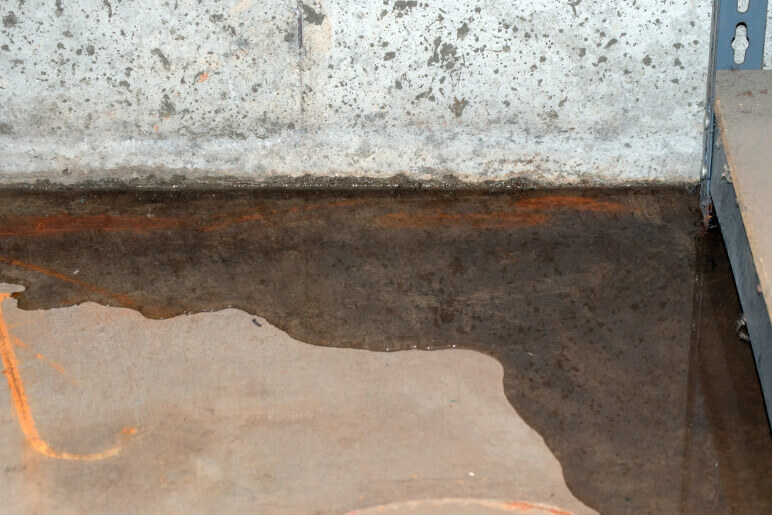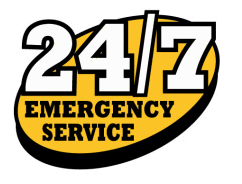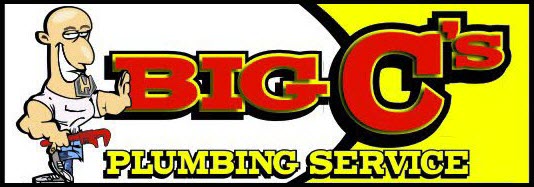Big C's Plumbing Blog
Plumbing Articles from Tulsa, OK.
Nope, You’re Not Floating: 8 Things You Need to Know About a Slab Leak

A slab is a concrete foundation that acts as the support between floors and between the house itself and the ground. If you live in an apartment, the roof or floor area that separates your house and your top or bottom neighbor is most likely a slab.
A slab leak occurs when there is a problem with your plumbing and the water leak seeps through into the slab. This is quite dangerous as it threatens the structural integrity of the slab, putting it at risk of collapse. Water can also collect under the slab, forming a pool between the structure and the soil.
Some types of soil will expand when they get wet. If your house is built on top of this type of soil, water will create some sort of movement underneath the structure due to the swelling and contracting of the soil. This, in turn, causes severe structural damage to the slab.
Detecting a slab leak is not as straightforward as detecting a pipe leak in your wall. It definitely is not as straightforward to repair either. Although it is better left to a professional, here are a few ways you can know if you have a slab leak.
Low Water Pressure
Reduced water pressure is always a sign that there is a leak in your plumbing. No matter where the leak has occurred. When water is pushed through the pipes, a leak will cause it to exit prematurely, thereby reducing its volume and pressure.
Water Puddles Outside the House
Though it might be difficult to ascertain whether the water is coming from one of your pipes or an outside source, sometimes when a puddle keeps collecting in the immediate vicinity of the house, it means you have a slab leak. The water might be seeping from the pipes, past the slab and collecting outside.
Floor Cracks
Cracking floors are some of the more severe symptoms of a slab leak. If water starts to seep through these cracks, it might be time to call your plumber. Sometimes, the water will not be noticeable until it has saturated the area enough to find its way to the surface.
A cracked floor is a sign of severe structural damage and could pose a danger to your house and its occupants. Because the water leaks at a slow rate, it will not reflect as a spike in your water bill. This makes it harder to deal with without the help of a professional.
Higher Than Normal Water Bills
Especially if the increase in your bill is sudden, it might mean a slab leak. Sudden spikes a lot of times mean a burst water pipe if there is no recent increase in your daily usage. A sudden increase in your heating bill could also be an indicator of a slab leak.
The heating unit might be using extra power to heat the seeping water in the house. If you receive a higher than the normal bill, you should get advice from your plumber about it.
Hot floors
If you feel the floor get warmer as you are walking on it, you might have a leak in the slab. A hot water leak into the slab heats up the concrete which in turn heats the floor area above it. The affected part of the floor would, therefore, be warmer compared to other parts.
Odd Sounds
Water makes a sound as it is moving. One of the easiest ways to detect a leak is to listen. You will be able to hear the water moving underneath the surface as it seeps through the concrete. Turn off your appliances in the house and listen again, if the sound is still there, it might be a sign of a leak.
Patches of Moisture
Patches of moisture and mildew on the floor are a sign that water has found its way through the concrete and onto the floor. Mostly, they are found under the carpet where they do not easily evaporate.
Bubbles on the Floor
This is especially visible in houses that have painted floors. The water seeps through to the upper surface of the slab, interfering with the paintwork, causing it to swell and form a bubble.
What Causes Slab Leaks?
a number of things can cause a leak in your slab. here are the most common ones
Corrosion
water pipes are exposed to heat and cold in the soil. This causes them to get weaker from the constant expansion and contraction. Soil also causes galvanic corrosion by exposing the pipes to various metals it contains.
Pressure
The weight of the structure might become unbearable for the pipes underneath it. Cracks are triggered by the movement of the soil. This more pronounced in clay soil or during earthquakes and tremors.
Abrasion
The constant movement of the pipes causes them to continuously hit the hard surface surrounding them. After a while, the part of the pipe starts to develop a weak spot which eventually becomes a hole or a crack.
How to Fix Your Slab Leak
Because leaks are not easily detectable, a lot of times we notice them after the signs have become too obvious to ignore. By this time, the damage might be too severe to try and fix it yourself as a DIY project. the risk of poorly fixing it also exists.
Since the damage would be unbearable, should the leak continue, you might need to call in the professionals. Many companies use sophisticated tools to find the leak in its source. The cost of fixing it will depend on the location of its source and the severity of the damage already done on the slab.
They might choose to fix the old pipe with epoxy lining if the damage is not too much. In extreme cases, however, they might have to pipe the whole structure afresh. Changing the routes and replacing the old pipes.
This is not a job for just anyone. Excellent workmanship is paramount in such cases because the risks are too high. Anything that affects the structural integrity of your house must be treated with the utmost priority.
Prevention is better than cure. To avoid the costs and hassle of fixing your slab, check your floors and pipes regularly. Also, avoid clogging the drains. But if you do happen to suspect a leak, don’t hesitate to contact us for inspection, repair of your slab leak and many more plumbing services.
Request a Quote Now
big c's plumbing services
Full Service Plumbing Tulsa, OK.
Big C's Plumbing Services
13335 South 91st East Ave
Bixby, OK 74008
(918) 218-2224
or Send Us an Email Here.
© 2013-2024 BigCPlumbersTulsa.com
– All rights reserved. –
Information on this website may not be re-used without prior written consent from Big C's Plumbing Services.
QUICK LINKS
HOME | PLUMBING SERVICES | COMMERCIAL PLUMBING | PLUMBER NEAR ME | REVIEWS | ABOUT | BLOG | CONTACT | SITE MAP
HOURS & LICENSE INFO
Monday-Friday: 8:00am to 5:00pm
Saturday: Closed Normal Appointments
Sunday: Closed Normal Appointments
24/7 Emergency Services Available
Oklahoma Licensed, Bonded, Insured
OK. Plumbing Contractor & Gas Fitter #063224





